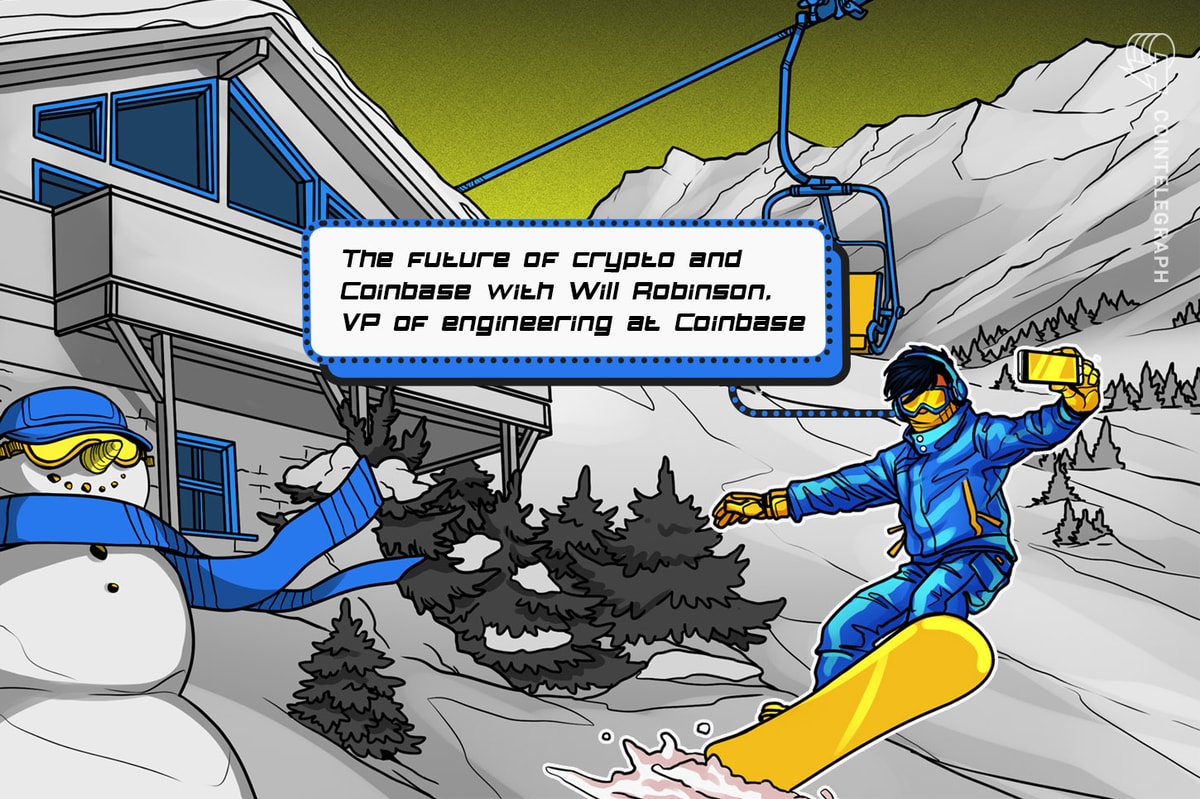Gamers in Africa can now send and receive small amounts of Bitcoin (BTC) while playing classic titles like Counter Strike.
Zebedee, a fintech and payments processor targeting the gaming space, has partnered with crypto exchange platform Bitnob to offer payments and gaming reward options in Africa using the Bitcoin Lightning Network (LN).
Within the partnership, African users can earn Bitcoin through Zebedee-powered apps and games. Zebedee’s offering serves as a second layer in games that allows developers to replace vague in-game points rewards with satoshis, the smallest denomination of Bitcoin. Through the partnership with Bitnob, these in turn can be converted to a local currency like the Nigerian naira.
Zebedee chief strategy officer Ben Cousens explained that the partnership was driven by game developers who had Bitcoin in mind for tournaments and other gaming rewards.
“If I’m Activision Blizzard or EA Games and I have 30 million players of my games in Africa and I run tournaments or giveaways, I cannot pay those players on fiat rails — it is too expensive. I am limited to the U.S. and I lose money from loss of engagement. Try sending $0.01 to these territories on another rail,” he said.
“This is about the $180 billion video games market, not play-and-earn or crypto gaming.”
In general, Africa has been a growing area of interest for the Lightning Network, partly due to the LN’s ability to facilitate microtransactions. Bitcoin Senegal founder Nourou told Cointelegraph, “Microtransactions are our economic reality,” hence why he and many other African builders and developers are exploring the LN.

Africa benefits from young demographics and a digitally native population. Cousens continued, “We’ve seen consistent evidence of high demand for our platform across the African continent, where the purchasing power of Bitcoin is considerably higher than markets like the U.S. and Europe.”
Indeed, the matchup of LN and gaming is a growing trend during the bear market. Cousens said it’s “A natural evolution of the interactive entertainment landscape, where ‘Rewarded Play’ (in lieu of unsustainable play-and-earn) provides meaningful performance uplift for game developers against a backdrop of slowing growth in mobile gaming revenue while engaging players in a fun and creative way.”



